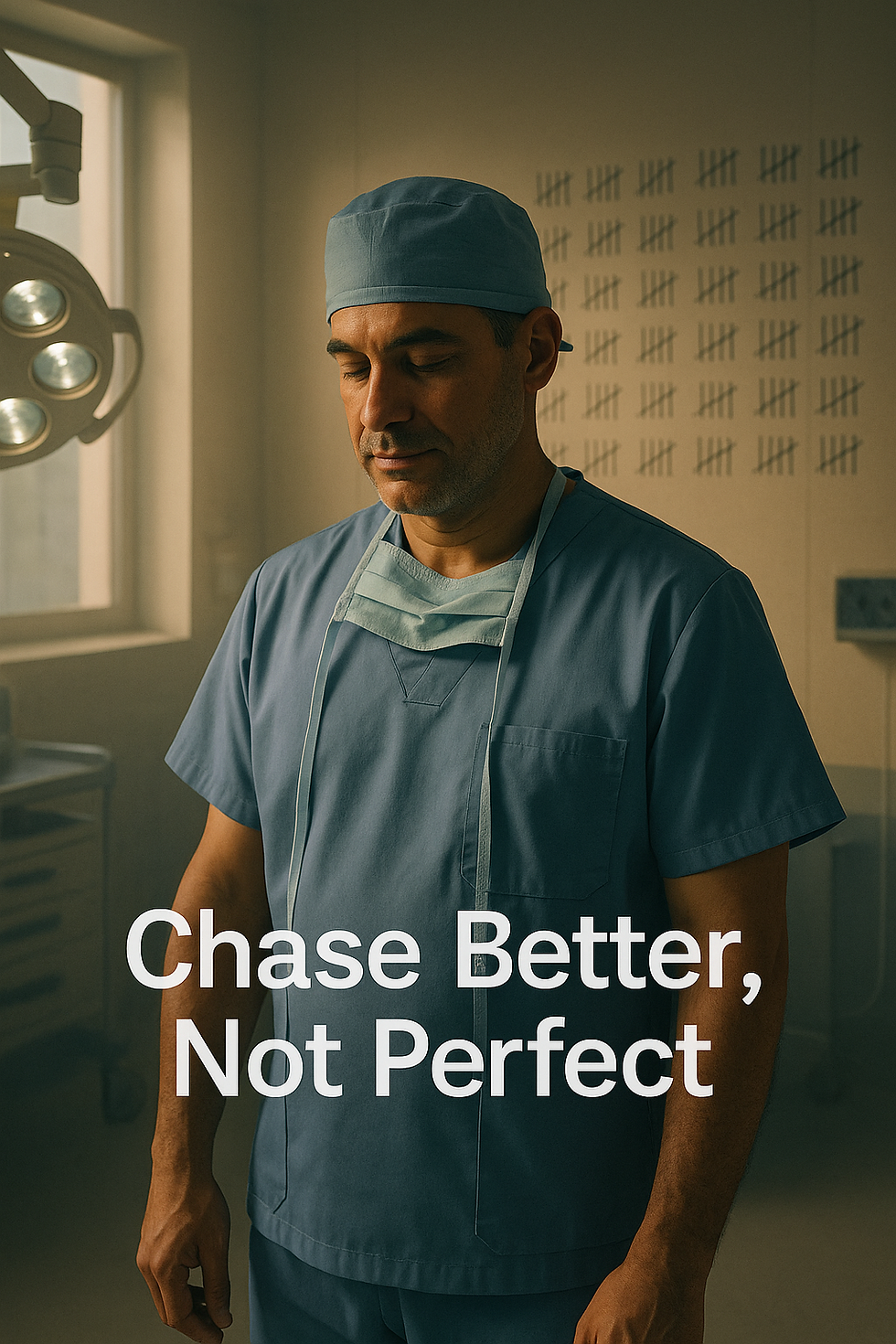"Craniosacral Therapy: A Gentle Touch for Deep Healing"
- Dr Vivek Viswanathan

- Jul 5, 2024
- 2 min read
In the realm of alternative therapies, Craniosacral Therapy (CST) stands out for its unique approach to healing. Imagine a therapy that utilizes light touch and focuses on subtle rhythms within the body to promote deep relaxation and address a wide range of issues. That's the essence of CST.
The Core of CST: The Craniosacral System
Our craniosacral system is an interconnected network encompassing the membranes and fluid surrounding the brain and spinal cord. This system plays a vital role in protecting the central nervous system, regulating cerebrospinal fluid (CSF) flow, and supporting overall brain function.
What Happens During a CST Session?
A CST session is unlike a typical massage. Here's what you can expect:
Comfortable Clothing: Wear loose, comfortable clothing that allows for easy movement.
The Treatment Environment: Sessions typically take place in a quiet, relaxing environment with a comfortably padded table.
Gentle Touch: The practitioner uses a light touch, often described as no more than a few grams of pressure, to assess and palpate the craniosacral system.
Focus on Rhythms: The practitioner focuses on subtle rhythms within the craniosacral system, believed to reflect the body's overall health.
Facilitating Release: Through gentle manipulations, the practitioner aims to identify and release restrictions within the craniosacral system, promoting optimal functioning.
Who Can Benefit from CST?
CST boasts a wide range of potential benefits, making it suitable for various individuals. Here are some common applications:
Chronic Pain: Studies suggest CST can be effective in managing chronic pain conditions like headaches, back pain, and migraines.
Stress and Anxiety: The calming nature of CST can help reduce stress and anxiety, aiding in overall well-being.
Post-Traumatic Stress Disorder (PTSD): CST can be a valuable tool for reducing symptoms of PTSD by promoting relaxation and processing trauma.
Infants and Children: CST can be gentle and effective for addressing issues like colic, sleep disturbances, and birth trauma in babies and children.
Overall Health and Well-being: Many people seek CST for general well-being, aiming to improve sleep, reduce tension, and promote a sense of balance.
Is CST Right for You?
While CST is generally safe for most people, it's crucial to consult with your doctor before starting any new therapy, especially if you have any existing medical conditions. A qualified CST practitioner will discuss your specific needs and determine if CST is a suitable approach for you.
Beyond the Gentle Touch:
Craniosacral therapy is a powerful tool for promoting deep healing. It reminds us that the body possesses an innate ability to heal itself when given the right support. By focusing on the subtle rhythms within, CST unlocks a path towards physical, emotional, and mental well-being. So, if you're searching for a gentle yet powerful approach to healing, consider exploring the world of Craniosacral Therapy.

















Comments